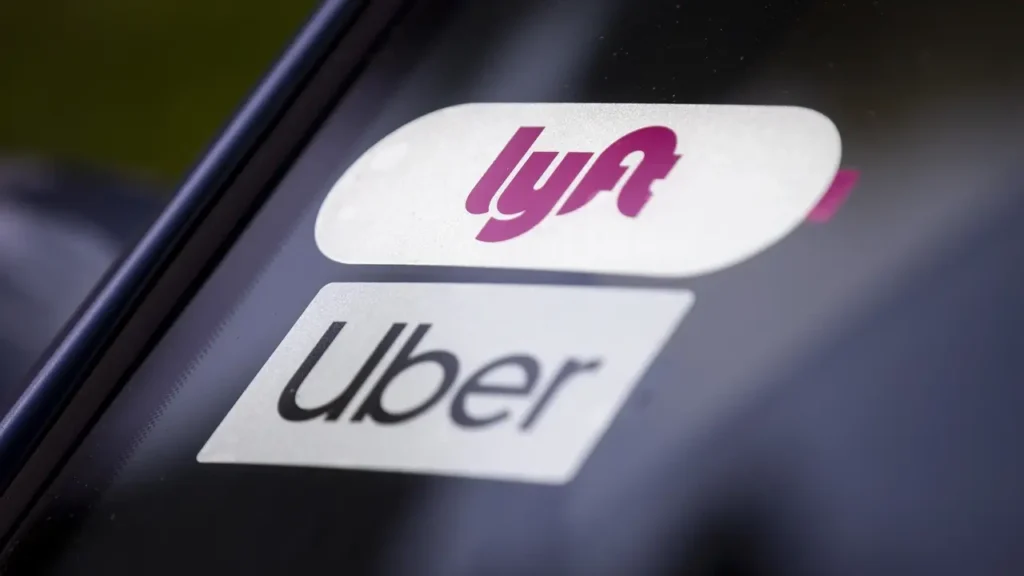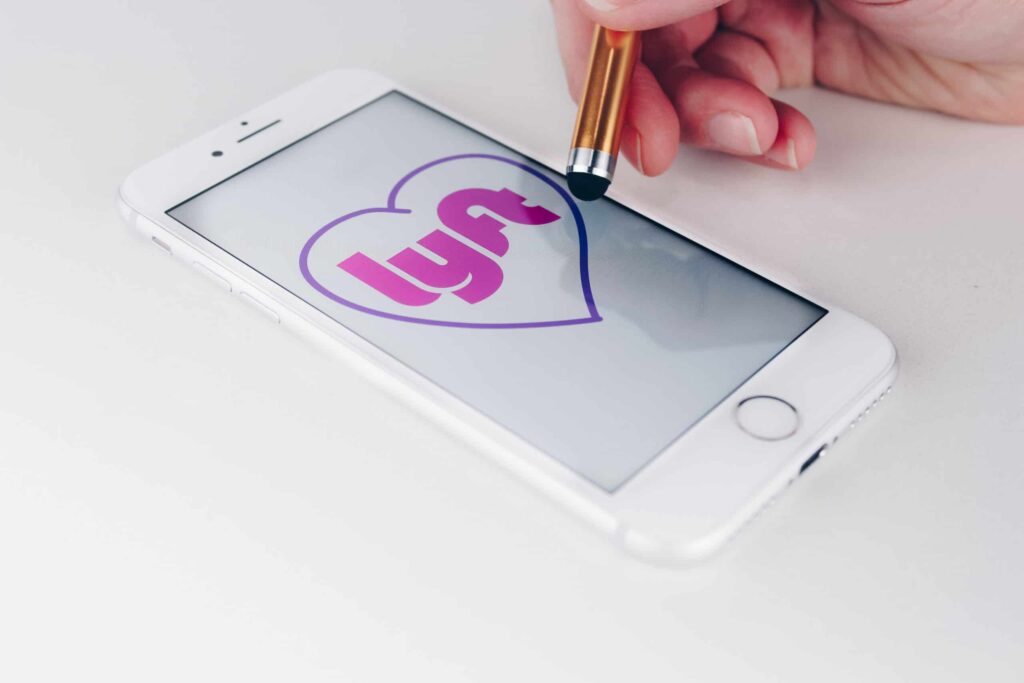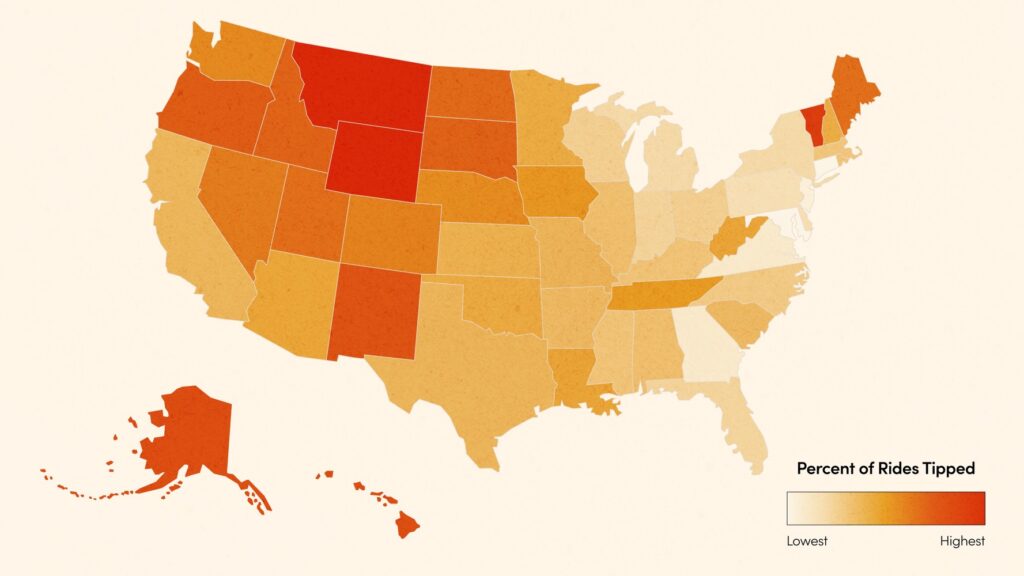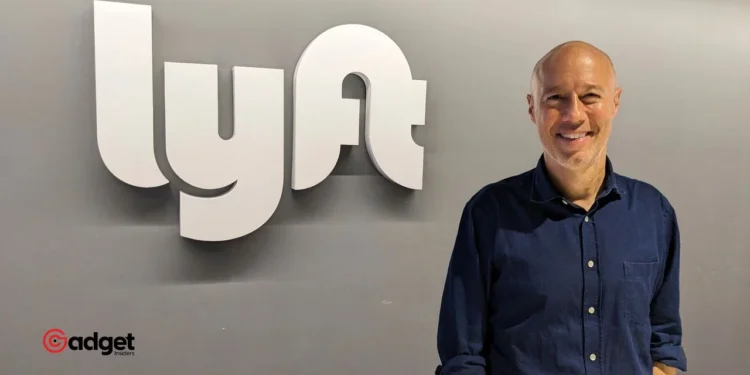In a revealing episode of Fortune’s “Leadership Next” podcast, Lyft CEO David Risher shared some intriguing insights about the tipping habits of their customers. According to Risher, there’s a noticeable increase in gratuities from specific groups, notably concertgoers and ice cream enthusiasts.

Lyft: The Swift Effect on Tipping
“It seems that if you’re attending a Taylor Swift concert, your chances of tipping well are significantly higher,” Risher commented. This observation aligns with the economic surge experienced by local businesses during Swift’s record-breaking ‘Eras Tour’. The tour not only entertained millions but also boosted spending on a wide range of services, from hospitality to transport, culminating in over a billion dollars in gross revenue.

Ice Cream and Generosity: A Sweet Connection
Moreover, Risher highlighted another fascinating trend: customers traveling to and from ice cream shops tend to leave more generous tips. “Visiting an ice cream store? Our drivers see tips that are 20 to 30% higher than average. Leaving one? Tips can surge 40 to 50% above the norm,” Risher explained. He suggests that mood plays a significant role in this behavior, indicating that a happy customer is a generous tipper.

Understanding the Tipping Culture in Today’s Economy
Despite the apparent generosity among Lyft users, the broader tipping culture faces criticism amid economic pressures. Many consumers feel overwhelmed by the increasing number of digital prompts for tips at places like coffee shops and fast-food outlets. Starbucks, for instance, faced backlash for its new digital tipping option introduced in 2022, which requires customers to actively choose not to leave a tip, a situation some find uncomfortable.
A WalletHub survey further illustrates the tipping dilemma, revealing that 75% of Americans think tipping has become excessive, and 64% believe tips should be discretionary, not obligatory. This sentiment is compounded by concerns that businesses might be leveraging tips to offset wages, with about 60% of respondents suspecting such practices.
The Happy Tipper Phenomenon
Lyft’s findings offer a snapshot into the dynamics of modern consumer behavior, highlighting how experiences like concerts and simple pleasures like ice cream can positively influence generosity. As Risher puts it, “If they’re singing a Taylor Swift song, I guarantee they’re in a pretty good mood and more generous with their driver.” This intersection of culture, economy, and emotion paints a complex picture of today’s tipping habits and the factors that motivate them.










